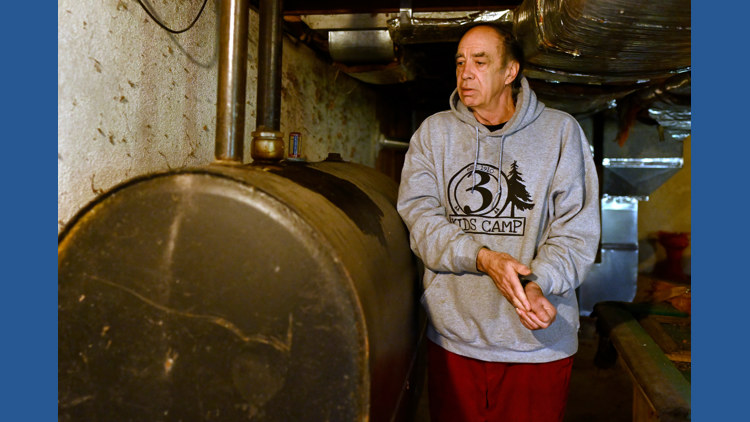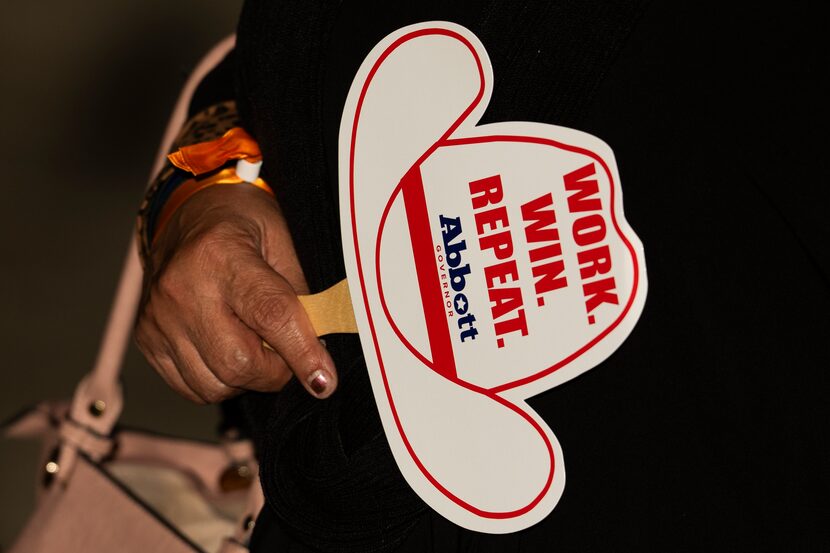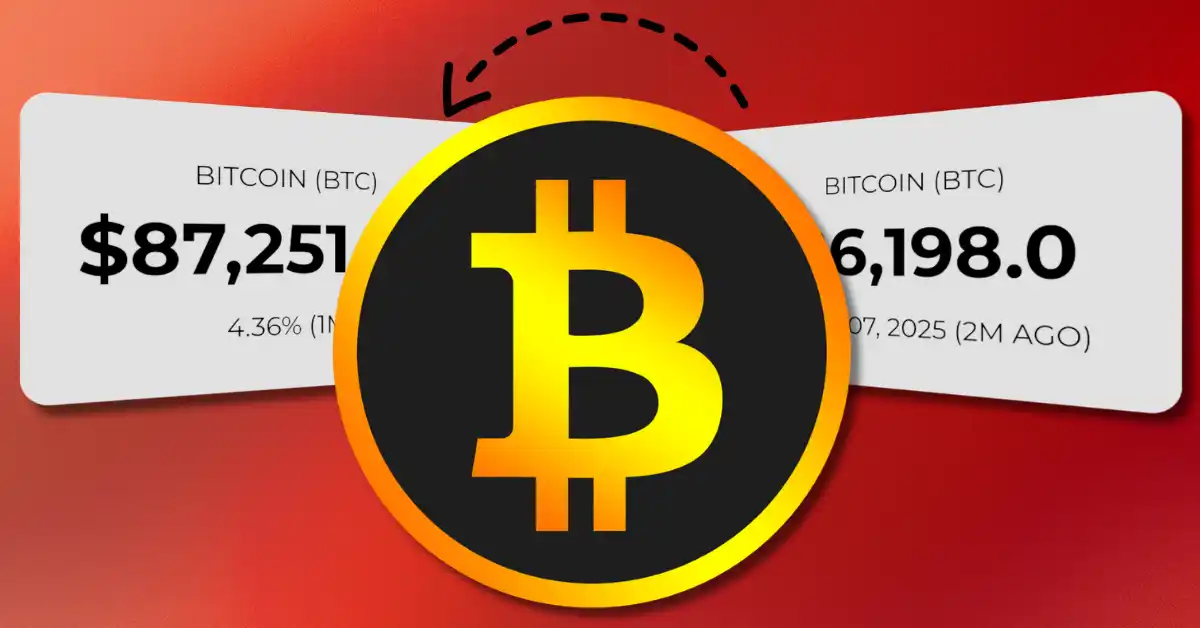The ongoing federal government shutdown is threatening to delay heating assistance for millions of low-income families across the United States. The Low-Income Home Energy Assistance Program (LIHEAP), which allocates approximately $4.1 billion annually to help households cover energy costs, is facing funding disruptions as the government remains closed for over five weeks.
Many families, like Jacqueline Chapman, a retired school aide from Philadelphia, are already feeling the impact. Chapman, who receives a $630 monthly Social Security check, expressed her concerns about the uncertainty surrounding her heating assistance. “I feel like I’m living in scary times,” the 74-year-old said. “There isn’t too much you can do.”
As temperatures begin to drop, states are warning that they may not be able to disburse LIHEAP funds in a timely manner. Currently, the program helps around 5.9 million households pay for heating and cooling, but many are also experiencing a delay in benefits from the Supplemental Nutrition Assistance Program (SNAP), another vital support for low-income individuals.
Impacts of the Government Shutdown
Mark Wolfe, executive director of the National Energy Assistance Directors Association, highlighted the profound implications of these delays. “The impact, even if it’s temporary, on many of the nation’s poor families is going to be profound if we don’t solve this problem,” he stated. LIHEAP serves all states, the District of Columbia, U.S. territories, and federally recognized tribes, providing critical support to families struggling with energy costs.
The LIHEAP program, established in 1981, has traditionally received bipartisan support. It helps families cover utility bills or the costs of fuels like heating oil and propane. Funding for the program is allocated based on a formula considering state weather patterns, energy costs, and low-income population data. Unfortunately, due to the failure of Congress to pass a full spending bill for the fiscal year beginning on October 1, 2023, states have not received their new allocations.
Certain states, including Pennsylvania, Kansas, New York, and Minnesota, have announced delays in their LIHEAP programs. In Pennsylvania, Governor Josh Shapiro indicated that the state cannot currently access over $200 million in federal aid that was expected to assist around 300,000 low-income households. Payments are now anticipated to be delayed until at least December, instead of the usual November timeframe.
Minnesota’s Department of Commerce is also processing applications but expects a delay in federal LIHEAP funds of about one month. “As temperatures begin to drop, this delay could have serious impacts,” the agency noted.
State Responses and Future Uncertainty
Connecticut is currently in a better position, with enough funds to pay heating bills through at least the end of November or December. However, uncertainty looms if the shutdown continues. State lawmakers are considering using budget reserves to bridge the gap in funding. “The situation will get much more perilous for folks who do need those resources as we move later into the heating season,” said Rhonda Evans, executive director of the Connecticut Association for Community Action.
Over 100,000 households received assistance through LIHEAP in Connecticut last year, highlighting the program’s importance. A spokesperson for the U.S. Department of Health and Human Services, which oversees LIHEAP, attributed the delays to congressional Democrats and emphasized the administration’s commitment to reopening the government.
Wolfe cautioned that delays could extend into January, raising concerns over the approval of state program plans and the release of funds once available. “Once you’ve fired the staff, things just slow down,” he remarked, referring to the impact of staffing decisions on program efficiency.
For individuals like Mark Bain, a 67-year-old resident of Bloomfield, Connecticut, the stakes are high. He has been receiving financial assistance for heating oil for three years and is currently approved for $500 in aid. “I remember the first winter before I knew about this program. I was desperate,” Bain recalled. He hopes the federal funds will be available before his heating oil runs out, as he typically requires three deliveries each winter.
As the situation develops, millions of low-income families wait anxiously for clarity regarding their heating assistance, highlighting the critical need for timely government action in the face of rising energy prices and the impending winter chill.







